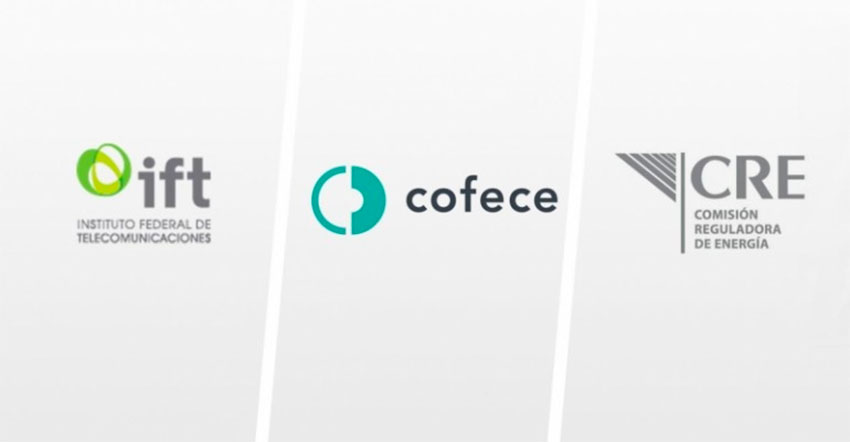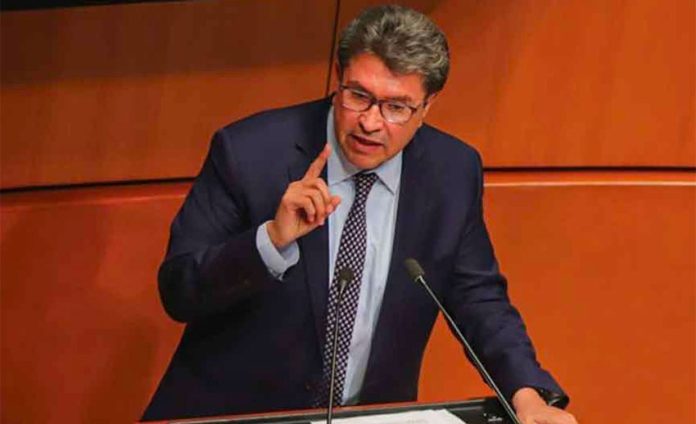President López Obrador has backed a ruling party senator’s proposal to merge three regulatory agencies into one, a plan described by the largest opposition party as a power grab.
Ricardo Monreal, leader of the Morena party in the upper house of Congress, presented a proposal on Wednesday to combine the Energy Regulatory Commission (CRE), the Federal Telecommunications Institute (IFT) and the Federal Economic Competition Commission (Cofece).
The new “super agency” would be called the National Institute of Markets and Competition for Wellbeing and have five board members, according to a document presented by Monreal. Merging the three into one autonomous agency would generate annual savings of 500 million pesos (US $22 million), the document said.
At his news conference on Thursday morning, López Obrador said he was unaware of Monreal’s proposal but added that he supported it if it will help to cut government expenses.
“If it’s to make savings, I agree with it,” he said.

“There were a lot of excesses in the creation of [regulatory] bodies, a lot of them are unnecessary and almost all of them are very expensive [to run],” López Obrador said.
The president has made austerity a hallmark of his administration and has even cut spending during the coronavirus pandemic despite calls for the government to increase expenditure to support the economy.
This morning he questioned why so many energy regulatory bodies were created by past governments and suggested that the state oil company Pemex and the Federal Electricity Commission (CFE) should have been left to regulate themselves.
“They created five or six [regulatory] bodies in the energy sector. Wasn’t the Pemex board, the CFE board, the Energy Ministry enough?” López Obrador said.
He charged that the directors of the regulatory agencies received extravagant salaries when past governments were in power and were guilty of authorizing “fraudulent operations.”
López Obrador also asserted that the agencies have bloated bureaucracies so when a vacancy for a director arises he takes his time in appointing one. That strategy has allowed the government to save money because there is less expenditure on salaries, he said.
While the president endorsed Monreal’s merger proposal, the National Action Party (PAN) criticized it as a power grab and lawmakers from that party as well as the Institutional Revolutionary Party (PRI) and the Democratic Revolution Party (PRD) said that they would oppose it in Congress.
“If it’s approved it would be a terrible blow to the system of checks and balances,” said Hernán Salinas Wolberg, a PAN deputy and secretary of the lower house’s energy committee.
PRI Deputy Soraya Pérez Munguía said on Twitter that Monreal was once again attacking autonomous bodies and the “balance of powers.”
She charged that the government wants to “manipulate” the regulatory agencies to suit their own “whims.”
López Obrador has already been accused of dismantling democracy and attempting to concentrate power in the executive by cutting the budgets of independent government agencies, including regulators.
The president’s old party, the PRD, accused him last year of pushing the country towards authoritarianism, citing eight reasons including attacks against autonomous government agencies.
Source: El Financiero (sp), Reuters (en), El Heraldo de México (sp)
